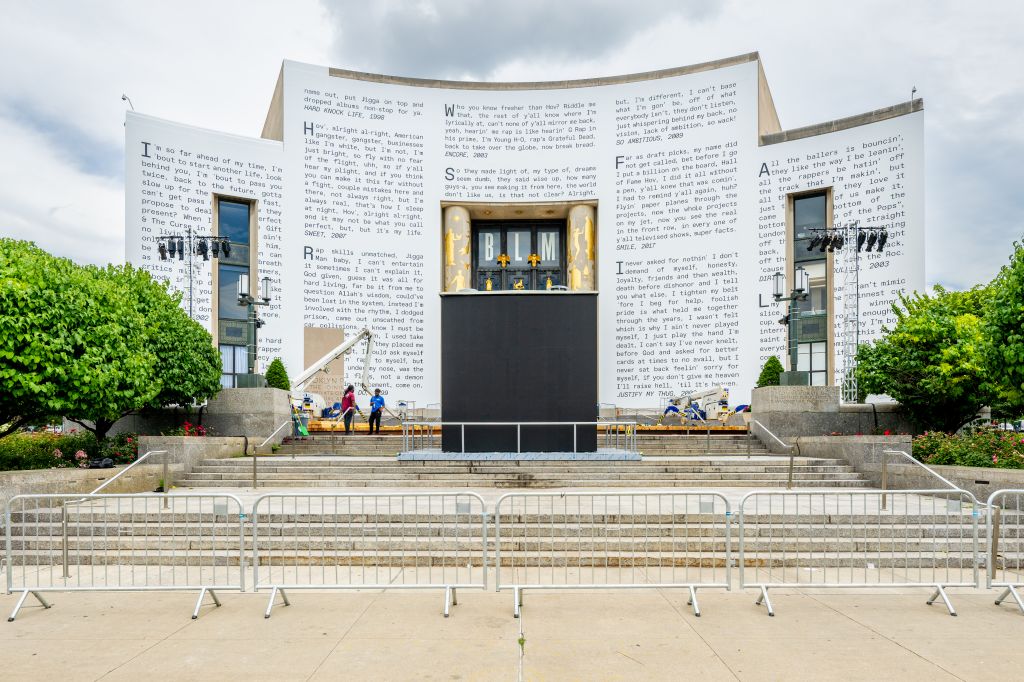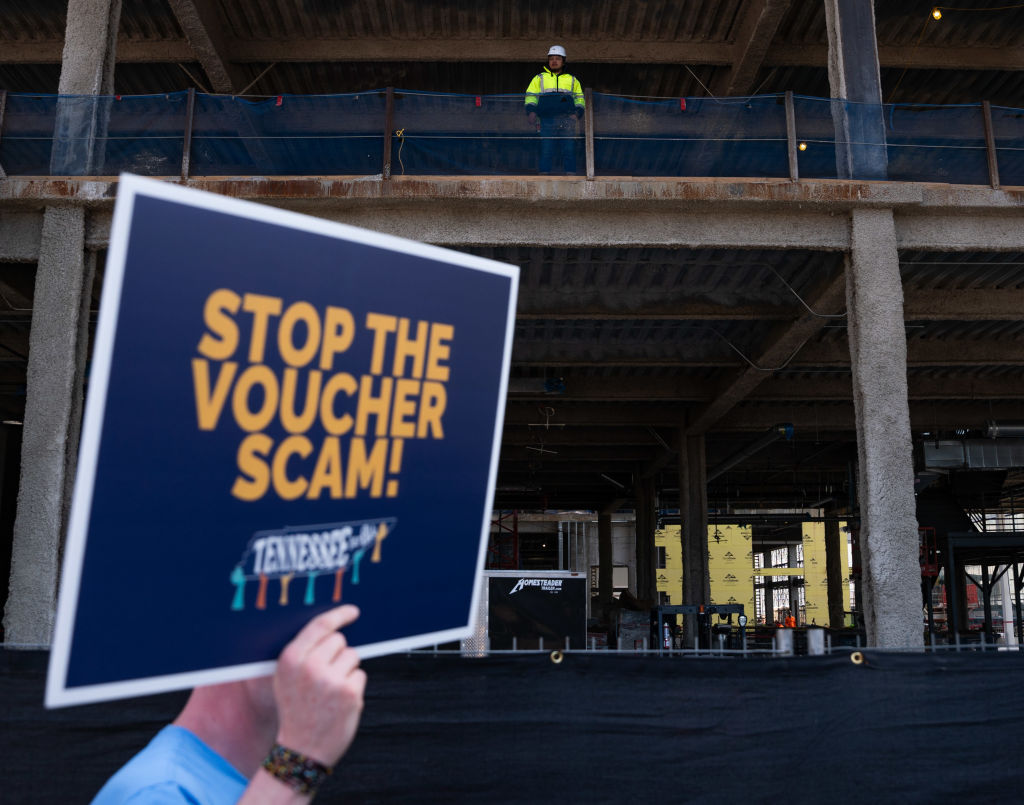Wealthy Black People And The Funding Of Anti-Racist Causes
Should Wealthy Black Americans Be Expected To Help Fund Anti-Racist Causes?

Source: Roy Rochlin / Getty
As the quest for racial justice and equality intensifies, the role of philanthropy and financial support in advancing anti-racist initiatives has come to the forefront. Statistics show that Black people, despite grappling with economic disparities, have consistently displayed generosity in giving back to their communities while also supporting charitable causes. In this context, we ask the question: Should wealthy Black Americans be expected to play a significant role in funding anti-racist organizations?
Movements like Black Lives Matter have contributed to a heightened awareness of racial inequality and helped drive Black America toward social, economic and political change. However, among these efforts, one major aspect remains — the need for consistent and ongoing funding.
An open letter…
Tory Russell, a recognized leader from the Ferguson Uprising in Missouri following the police killing of Mike Brown in 2014, recently addressed legendary rapper and billionaire entertainment mogul Jay-Z in an open letter urging him to join the cause. Russell requested a meeting to discuss strategies that will further advance Black Power in areas that include social programs, economic initiatives and political advocacy. Russell emphasized the crucial need for reliable and unwavering financial support to combat years of oppression.
However, the question of whether wealthy Black Americans should be expected to play a significant role in funding anti-racist organizations is not a clear-cut answer. The statistics show that Black folks, including Jay-Z, are routinely contributing to various important causes, although not always exclusively directed toward anti-racism efforts.
Nonetheless, recognizing the historic significance of Black philanthropy, our collective focus is on uniting in the battle against racism.
A legacy of generosity in Black philanthropy
Throughout history, the Black community has demonstrated a remarkable commitment to philanthropy. Despite facing financial challenges and systemic oppression, we are still able to give back. From the Underground Railroad and the Civil Rights Movement to modern-day initiatives, Black Americans have always been at the forefront of giving back to their communities.
According to a collaborative study conducted by the W.K. Kellogg Foundation and Rockefeller Philanthropy in 2012, African Americans contribute a greater proportion of their income to charitable causes compared to any other demographic in the nation. Notably, approximately two-thirds of African-American households collectively donate around $11 billion annually, with Black churches being the primary beneficiaries of these philanthropic efforts.
The report from the Kellogg Foundation also revealed, “Black households give 25% more of their income annually than white households, and nearly two-thirds of African American households donate to organizations and causes.”



















